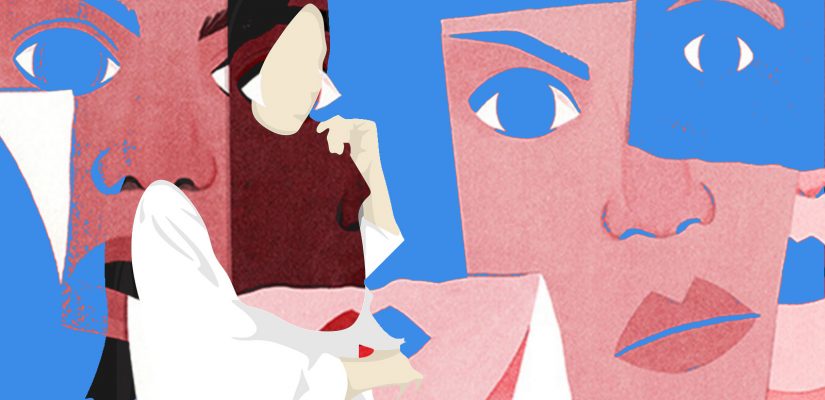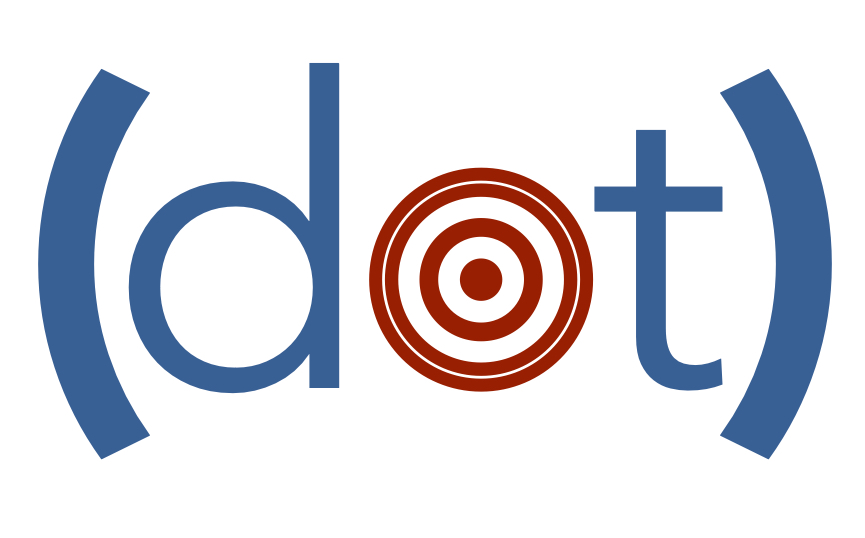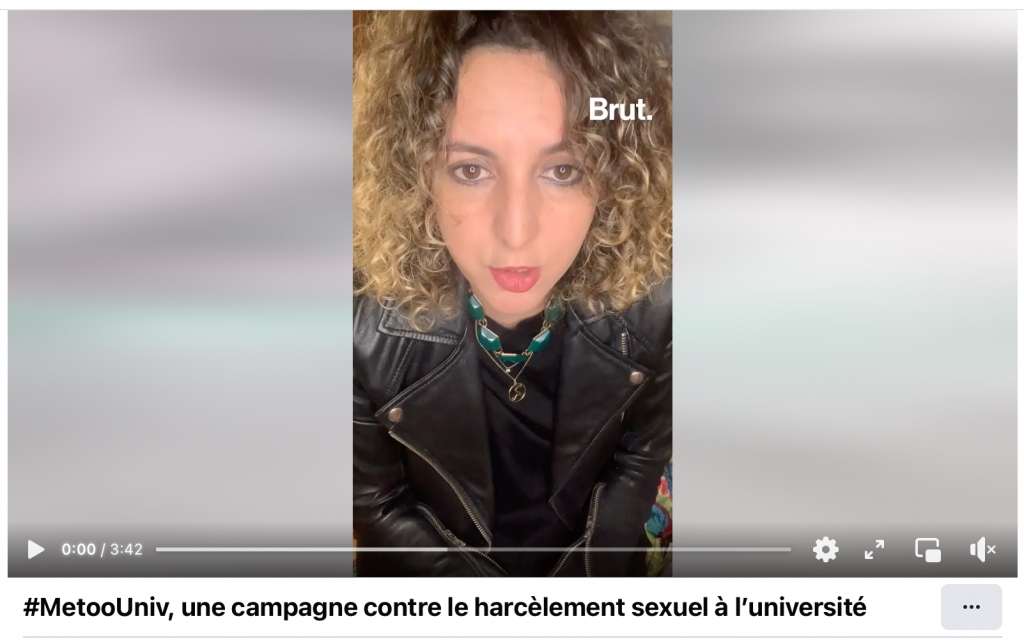
#MeTooUniv: A Moroccan Campaign against Sexual Harassment in Universities | (dot)gender

(dot)gender | A space by LORENA STELLA MARTINI
In Morocco, an online social media campaign has been encouraging several victims of sexual harassment perpetrated by university professors to share their stories, shedding light on a worrying phenomenon that had long been considered a taboo within the Kingdom. This sadly well known yet mostly silenced trend came under the national spotlight after the circulation of some screen shots reporting the explicit sexual requests made by a professor to his female student, thus bursting the so-called “sex for good grades” scandal. The solidarity generated by this episode inspired activists to launch a campaign aimed at disclosing what often happens behind the closed doors of university classes.
Under the hashtag #MeTooUniv, the initiative has been coordinated by feminist Instagram pages such as 7achak and the Moroccan Outlaws/Collectif 490) – a movement advocating for the depenalization of sexual relationships outside the wedlock through the abolition of article 490 of Moroccan Penal Code – which has also launched a call-center for the victims. The Moroccan magazine TelQuel has also collected several testimonies sent over by university students, most of whom report their helplessness in front of powerful professors who threatened to ruin their academic careers.

Far from being only a virtual phenomenon, this initiative has managed to generate a national debate on the topic and to raise the attention of public opinion, media, and institutions. This is particularly Important in a moment when cases of this kind are finally entering courts after the promulgation, back in 2018, of a law on violence against women (Law 103-13), which widened the definition of harassment to include more instances.
In a country like Morocco, where gender violence is a real emergency – according to official data (Haut Commissariat au Plan), in 2019 57% of Moroccan women declared to have been subjected to at least one act of violence throughout the previous year – initiatives like the #MeTooUniv demonstrate the strength of feminist movements and civil society, which are fighting to break the wall of silence and shame that often surrounds victims of sexual violence and harassment. Social media have proved to play an important role in this sense; could they be a key to pave the way for real change?